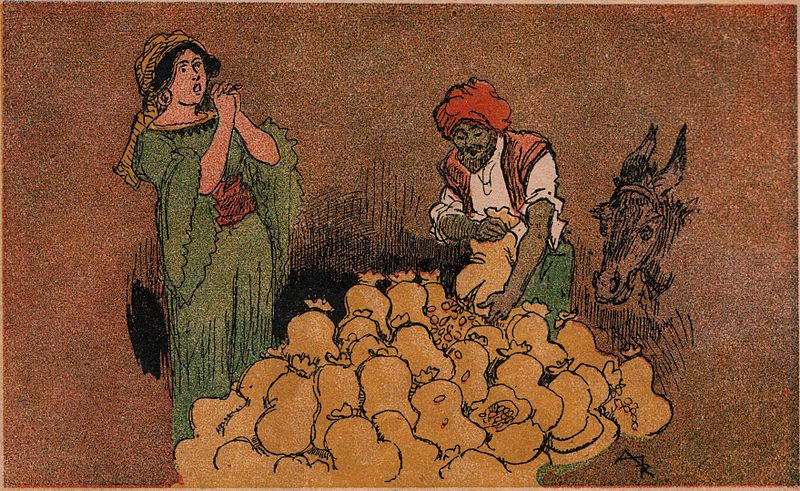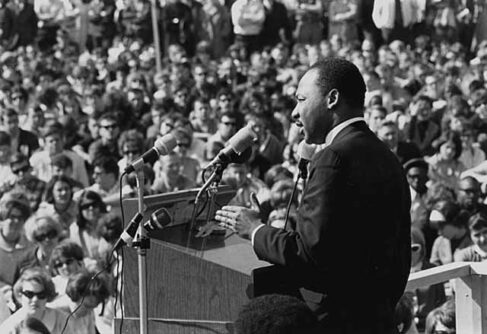Bigger than Amazon and eBay combined!
That fact that Alibaba, the Chinese e-commerce website, is a bigger business than Amazon and eBay combined was the detail that caught my attention in the stories about its successful IPO last week.
Amazon and eBay are huge businesses, relying on households like ours who make most purchases online. Our household has made seventy-nine orders to date in 2014 on Amazon, ordering everything from a paper shredder to Hallowe’en costumes to books—how many Chinese consumers are making so many orders? Obviously quite a few. The fact that Alibaba is even bigger than Amazon and eBay is a testimony to the emerging consumer class in China.
What to do with that enormous wealth generated by such a successful business? Alibaba founder Jack Ma recently established philanthropic trusts with share options in his company that represent about 2 percent of its assets. With Alibaba valued at over $200 billion, this means that the new philanthropic trusts will be enormous—in the neighborhood of $4 billion. Its value likely exceeds that of the Rockefeller Foundation and is exceeded by perhaps only about fifteen U.S. foundations.
The name of Jack Ma’s company, Alibaba, inspires confidence. It is named for the Arabian Nights character Ali Baba, whose magic words “Open sesame” allows him to be become enormously wealthy. But Ali Baba was not merely wealthy but also a model of hospitality and generosity. As Ma observed, “Alibaba is not a thief. Alibaba is a kind, smart business person, and he helped the village.” That sounds like an aspiration for Ma himself.
Ma has said that his philanthropy will focus on health care environmental concerns. He has joined the board of The Nature Conservancy. Alibaba does not allow shark fins to be traded on its website, and since 2010 it has had a corporate foundation funded by about 0.3 percent of the company’s revenue. In the coming years, we’ll be able to see how Ma’s philanthropy is developed and channeled.
But Ma’s own philanthropy is not the only issue at stake. As the Wall Street Journal notes:
Private philanthropy is just taking off in China, but faces many practical and political hurdles. The Communist Party jealously guards its monopoly on power and is reluctant to cede too much autonomy to civil society. That makes it hard to set up nongovernmental organizations, or NGOs; many don’t even bother to try to register, operating with no legal basis or establishing themselves as commercial enterprises.
This erodes trust in the sector. As a consequence, private foundations tend to operate their own projects, rather than use their money to irrigate a network of specialist NGOs, as happens in the U.S., thus breeding inefficiencies.
At least as interesting watching Ma’s own philanthropy will be observing to see if he, and the other Chinese who have recently become multi-millionaires and billionaires, are able to spur changes in Chinese society to make it more open to civic activism, civil society, and, ultimately, philanthropy itself. Bill Clinton, speaking in the Atlantic about Ma’s emergence as a philanthropist, said:
I think that … trying to build civil society … is quite important.
The most recent events in Hong Kong suggest that the Chinese government has a long way to go to tolerating a more open society populated by the many little organizations that make for a thriving civil society. It would be a terrific legacy if Ma and the other newly wealthy Chinese could build up civil society itself.






